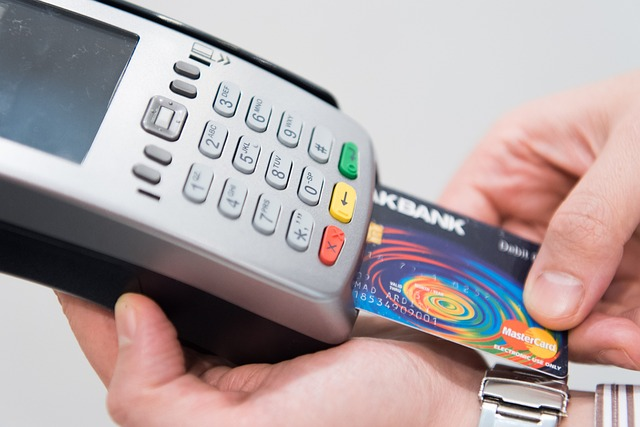What are SBA loans and how do they work?

SBA loans are various small business financing programs that offer high borrowing amounts, extended repayment terms, and some of the lowest repayment costs on the market. The US Small Business Administration (SBA) oversees the program.
The SBA is a federal government agency that promotes and supports small business owners. The agency provides numerous resources and training materials in addition to administering the SBA loan program. The SBA does not service the loans or provide the funds.
Small business owners apply to an approved SBA lender, which will be one of three types of financial institutions: a commercial bank, a credit union, or an alternative business financing facilitator, like United Capital Source. Lenders must apply to the SBA for approval to offer SBA loans.
The SBA partially guarantees the loans (up to 85%) and limits how much interest lenders can charge. It also provides guidelines on underwriting and approving loans. With backing from the federal government, lenders take less risk, which is why they can offer longer terms and reduced interest rates on large borrowing amounts.
The SBA loan program consists of the following loans:
- SBA 7(a) loans (the most common).
- SBA CDC/504 loans.
- SBA Express Loans.
- SBA Export loans.
- SBA Disaster loans.
- SBA Microloans.
What are the pros & cons of SBA Loans?
SBA loans are often considered the “gold standard of small business financing.” In addition to the large loan amount options and favorable rates and terms, business owners can use SBA loan funds for almost any business purpose.
However, like any financing program, SBA loans have drawbacks too. It’s challenging to qualify for an SBA loan, the application process is tedious, and it can take weeks or months to receive funding.
Here is a quick summary of the benefits and drawbacks of SBA loans.
Pros & Cons
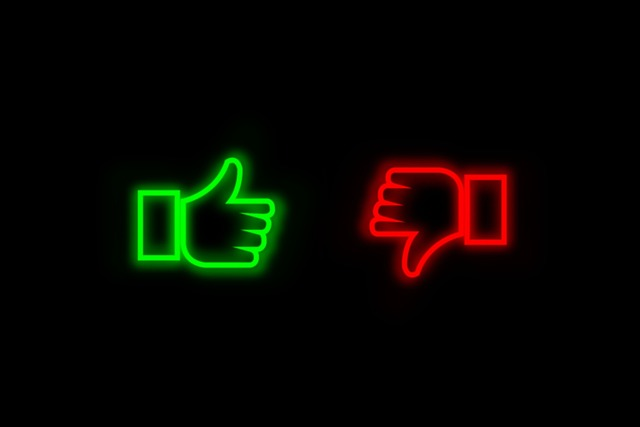
Pros:
- Large borrowing amounts – up to $5 million.
- The SBA partially guarantees the loan.
- Low interest rates and long repayment terms.
- You can use the funds for almost any business purpose.
Cons:
- Complex application with exhaustive documentation requirements.
- Difficult to qualify.
- Long funding time (60-120 days).
- Almost always requires collateral and a personal guarantee.
- Most SBA loans require a down payment of at least 10%.
What is an SBA Loan Default?
Before getting into the SBA loan default, it’s important to understand the difference between default and delinquency. Each lender and SBA loan has different policies on delinquency and default, so it’s important to ensure you understand the terms of your loan agreement, which includes information about missing payments.

SBA Loan Delinquency
Your SBA loan is considered delinquent, or in delinquency, when you miss your SBA loan payments. Some lenders will provide a 10-day grace period on late payments, but should you exceed that, you’re in delinquency.
Some lenders will try to work with you when you’re late on payments. The lender might reach out to discover why you missed the payment and review your options to get caught up.
Being proactive is important when you know you’ll miss a payment. The best course of action is to contact the lender and let them know what’s going on. Sometimes the lender might offer an extension, restructure your payment schedule, or let you make interest-only payments.
SBA Loan Default Process
Once you miss enough payments, or a missed payment extends long enough, the lender marks the account in default. Typically, default means the lender has determined that your business is incapable of, or unwilling to, repay the loan.
Again, each lender and loan agreement specifies the threshold for when a missed payment results in a default. Failure to make payments or arrangements with your lender will trigger a default status. Each lender’s policy differs, but most wait 90-120 days before beginning the default process.
What happens when you Default on an SBA Loan?
The consequences of defaulting on an SBA loan can be serious. When the lender begins the default process, a domino effect begins.

Drop in Credit Rating
The first thing to happen is that your business credit takes a major hit. This will make it difficult to receive business financing in the future. Your personal credit score will also take a hit in most cases.
The Lender Seizes Assets Pledged as Collateral
Most SBA loans require some form of collateral, which can be liquid assets like the cash in your business bank account or tangible assets like business equipment or real estate. The lender will begin to recoup its losses by seizing your assets.
Nearly every SBA loan also requires the business owner(s) to sign a personal guarantee. SBA loans under $150,000 usually don’t require collateral but do require a personal guarantee.
The lender can come after the personal assets of each business owner who signed a guarantee. Your house and other assets become liable for forfeiture if you go into default. The lender might also garnish your wages.
Depending on how much debt is owed, your business might need to cease operations and liquidate any business assets.
The Lender Goes to the SBA
One of the benefits of the loan program is that the SBA guarantees a portion of the loans. However, as you can see from the above actions, the lender only goes to the SBA for the guaranteed portion after it has exhausted all other options to recoup losses from the borrower. If the assets the lender seized do not cover the loan costs, it will then file with the SBA for the guaranteed portion minus any collateral.
The SBA Sends a Demand Letter
Once the SBA pays the lender, it will attempt to collect payment from you. In most cases, you’ll receive a 60-day demand letter. This is a legal document stating what you owe. Sometimes the demand letter will include an offer in compromise. If your business has not already done so, it will most likely be forced to cease operations at this point.
Attempt to Settle with an Offer in Compromise
Whether it’s included in the letter or you send one on your own, an offer in compromise is a proposal to settle the debt by paying a percentage of what’s owed, usually in a lump sum. In many cases, the SBA is willing to work with borrowers to settle the debt for less than what’s owed. However, the SBA may reject your offer in a compromise.
Collections from the US Treasury Department
The law states that the Treasury Department must handle collections when any federal government agency is owed a debt. When your defaulted SBA loan progresses to this point, you’ll have little recourse to avoid seizing your personal assets.
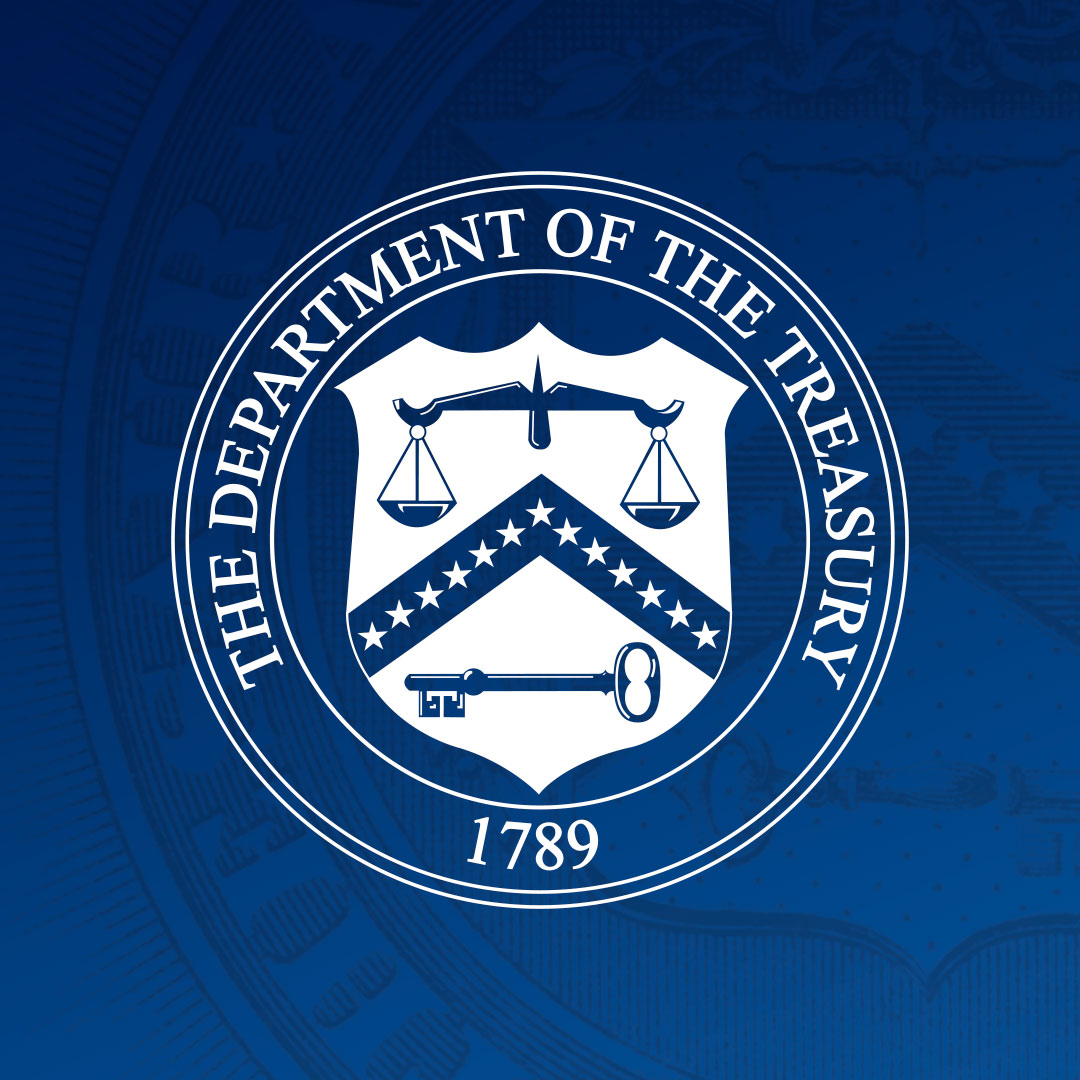
Since it’s a government agency, it does not need to get a court order to take actions such as:
- Garnishing wages.
- Withholding federal income tax refunds.
- Garnishing social security or other retirement savings.
- Offsetting your bank account(s).
There is no statute of limitations for SBA loan debt, as the federal government owns the debt. You might be able to settle with the US Treasury Department, but it is unlikely.
Frequently Asked Questions
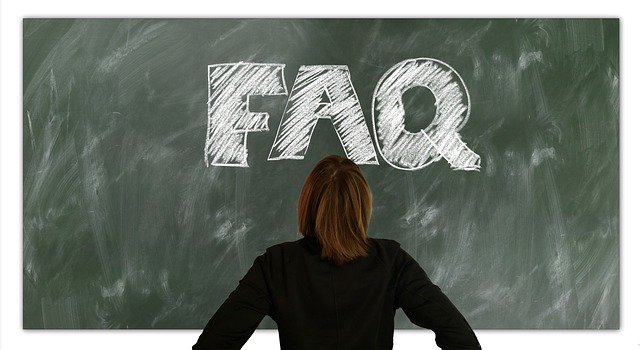
Here are some of the most common questions about defaulting on an SBA loan.
Does the SBA forgive loans?
SBA loan forgiveness is not available per se. There are two situations where you could end up paying less than what’s owed. The first is the aforementioned offer in compromise. Sometimes the SBA will settle for less than the total that’s owed. The second circumstance is if you’re forced to file for bankruptcy. SBA loans are discharged in bankruptcy, but this is a worst-case scenario solution.
What is an Accidental Default?
Accidental default refers to defaulting on a loan for reasons other than failure to pay. Your SBA loan agreement carries specific terms and conditions you must meet for the life of the loan.
For example, SBA loans don’t allow “stacking,” which is when you carry more than one loan at a time. If you have an SBA loan and take out another business loan, you’ll be in default for violating loan terms.
What are the best strategies to avoid defaulting on an SBA Loan?

The most important thing to do is be proactive in finding a solution when facing a potential default. Start with your cash flow statements and business expenses to see if there are areas where you can cut costs to free up cash flow to make your loan payments.
If you can’t find a cash flow solution and know you’re going to miss payments, reach out to your lender. You might feel awkward about the conversation, but your lender has dealt with this situation before.
Most lenders would prefer to work with you to find a solution than to begin the tedious task of processing a loan default. Early and transparent communication is the key to working with a lender for an alternative solution.
Does defaulting on an SBA Loan mean I have to go to court?
An SBA loan default could end up in litigation, but there are steps you can take to avoid this drastic outcome. If you follow the strategies above, you could possibly avoid defaulting on your loan or at least find a solution that prevents litigation.
One of the essential pieces of advice we can give is not to ignore communications. Facing a potential default is stressful, and some people want to avoid dealing with it. But that will only make things worse.
Ensure you respond to communications from your lender or the SBA regarding missed payments and default. In particular, you have 60 days to respond to the SBA demand letter. Not responding on time could result in going to court.
SBA Loan Default – Final Thoughts
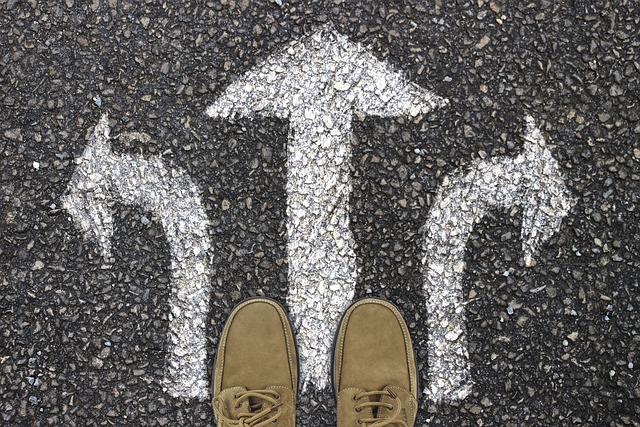
SBA loans are the most advantageous small business financing products available because of the high borrowing amounts, low interest rates, and extended repayment terms. But while you may have taken out a loan with the best intentions, sometimes things don’t work out according to plan. That’s life; it happens.
If you face a potential SBA loan default, it’s important to know you’re not the first and won’t be the last person in this situation. The SBA and SBA-approved lenders have experience and procedures for dealing with loan defaults. Your best strategy to protect yourself is to proactively work with the lender and the SBA to find a solution when you know you won’t be able to make your loan payments.









